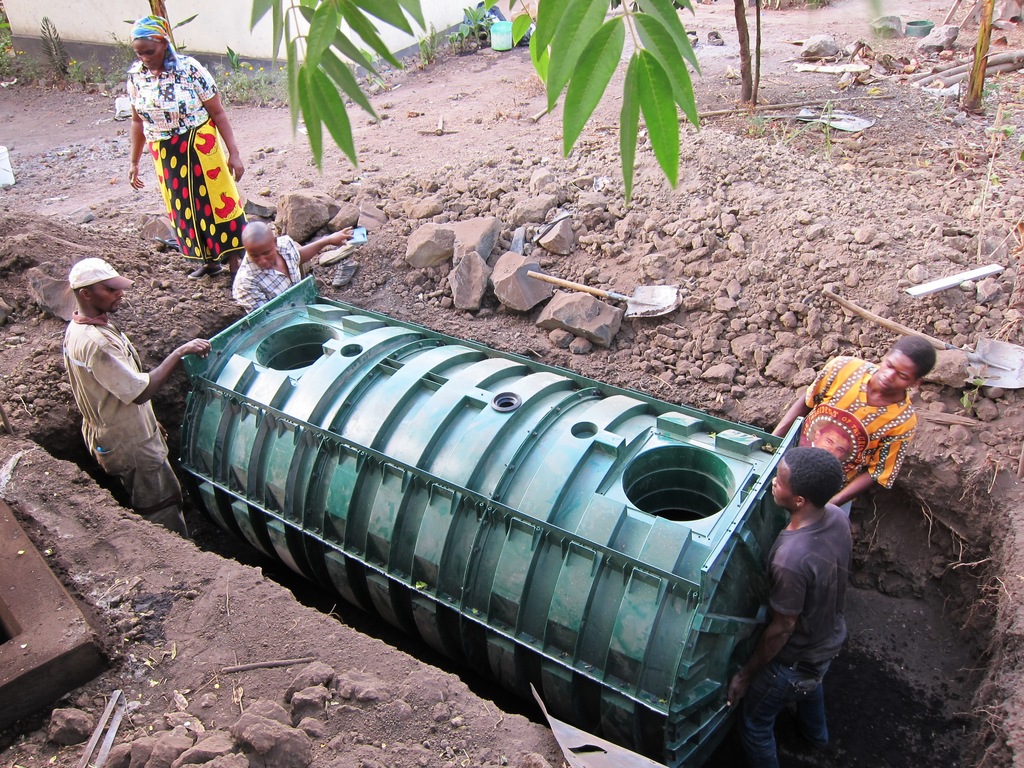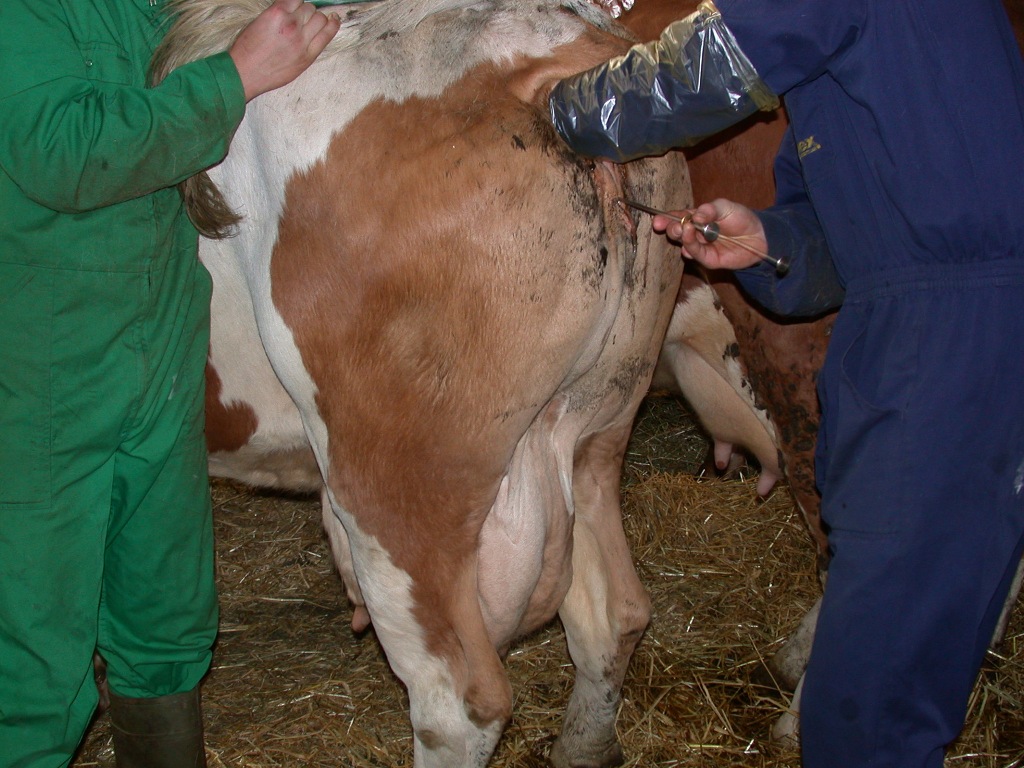Small-scale dairy farmers can install adjustable plastic biogas digesters on loans, which are repaid in installments of up to 24 months.
GesiShamba Biogas Systems Coordinator George Mwangi said the flexible terms allow for farmers to pay as little as Sh3,600 per month for the smallest digester of two to three cows capacity.
“The programme targets farmers who cannot raise the whole amount at once, but still need this gas in cooking and other domestic uses,” he said.
There are three sets of the plastic digesters, whose prices and monthly installments vary. The down payment for the 24 months loans is uniform, Sh15,000, for the medium, large and extra-large sizes.
The medium size, which can process cow dung from two or three cows, requires Sh3,600 monthly installments. For those who can pay the amount in five months, they deposit Sh40,000 and remit Sh8,500 in installments.
For the large and extra-large, the monthly installment is Sh4,700 and Sh6,500 respectively for the 24month repayment plan.
Twelve-month repayment plan is allowed too.
The medium capacity digester can save a family of six between Sh18,000 and Sh20,000 spent in buying commercial cooking gas per year.
The amount of gas produced, Mwangi said, cooks for four to five hours non-stop in two burners running consecutively. The amount of dung required is 30kilos mixed with 30 liters of water.
Related content
University launches machine that produces biogas from water hyacinth
Biogas heater reduces chicks brooding energy cost to zero
Dairy farmers conserve environment with biogas digesters
Plastic adjustable bio-digester. Photo/GesiShamba
According to a report published by the Society for International Development (SID), a total 65 per cent of households in the country use primitive fuels, mostly firewood (64 per cent), as their main source of cooking fuel, followed by transitional fuels, ordinarily charcoal (17.0 percent).
Only 6 per cent of households use advanced fuels, typically liquefied petroleum gas (5 per cent). The use of transitional fuels is seven times more in urban areas than in rural areas. On the other hand, the use of primitive fuels is four times more in rural areas than in urban areas.
Four million people die annually as a result of lung and heart related diseases arising from solid fuels according to the World Health Organization (WHO). In Kenya, the WHO report of 2016 estimates that at least 14,300 people die annually from health conditions arising from indoor air pollution.
Mwangi can be reached on +254723114472.
Write comment (0 Comments)


















